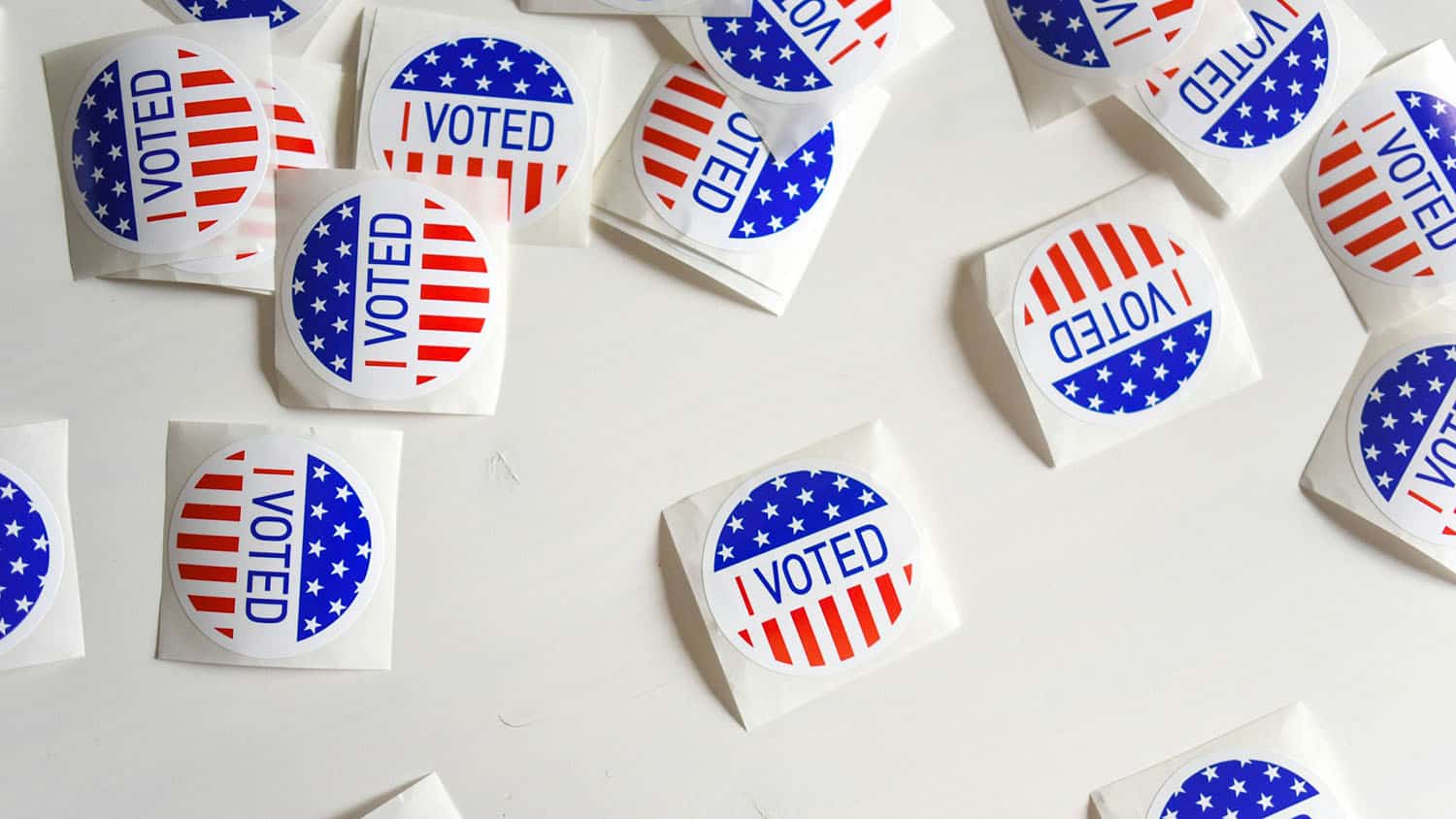A College Student’s Guide to Voting

This post was written by University Communications intern, and NC State student, Erin Ferrare.
For many college students, the 2024 general election will be the first time they have an opportunity to vote for the next president of the United States. But how can college students cast their ballots – particularly if they are far from home?
To learn more, we reached out to Steven Greene, a professor of political science at NC State whose work focuses on public opinion and elections in the U.S.
The Abstract: Why does it matter whether students vote in the upcoming general election? How important could the young adult vote be at the local, state and national levels?
Steven Greene: Currently, this is looking to be a very close election. It could absolutely be decided, in part, by whether young voters show up in strong numbers this year, or stay home. The young adult vote is always a smaller portion of the electorate (people across time and democracies vote more as they have developed the habit with aging), but there is considerable variance in the youth vote from year to year and a low or high youth turnout can certainly affect the outcome.
TA: For students who are attending university away from their hometown, what does a student have to do to vote at their college location besides getting an absentee ballot?
Greene: NC State students are residents of Raleigh and can absolutely register their local NC State address and vote here, or they may decide they want to vote back home via absentee ballot. What they cannot do is try and vote for both residences.
TA: What allows students to vote within their school’s district?
Greene: All North Carolina requires is that you be a resident of the county where you will vote for 30 days. Living at a university is definitely residency.
TA: What steps should students take if they are having trouble deciding to vote within their school’s district or hometown?
Greene: I would say it depends on where they feel most knowledgeable and passionate about the politics at stake. For a lot of students that will be their community back home, but, for others, that will be the community around NC State.
TA: If students are voting in person, what should they bring with them? Where can students go to vote on their college campus?
Greene: North Carolina now requires a photo ID to vote. An NC State photo ID is a valid photo ID in North Carolina. For example, my son used his at the last election. Talley will be a voting location and “Pack the Polls” does a great job of informing students.
TA: What are some additional resources to register to vote and obtain an absentee ballot?
Greene: The N.C. Board of Elections has a great website full of useful information.
The deadline to register to vote in North Carolina and request an absentee ballot is Oct. 11, 2024. Where you register to vote will not affect your federal financial aid, including FAFSA, Pell Grants, Perkins or Stafford loans.
Editor’s Note: Are you an eligible voter who is not from North Carolina? The United States Election Assistance Commission provides voter registration information and other important resources for all 50 states. For each state, you will find links to information including the state election office, local election office directory, information about registering to vote and updating your registration, checking your registration status, and options to cast a ballot.
- Categories:


